-
To die for, Mauritania/Spain/ Japan
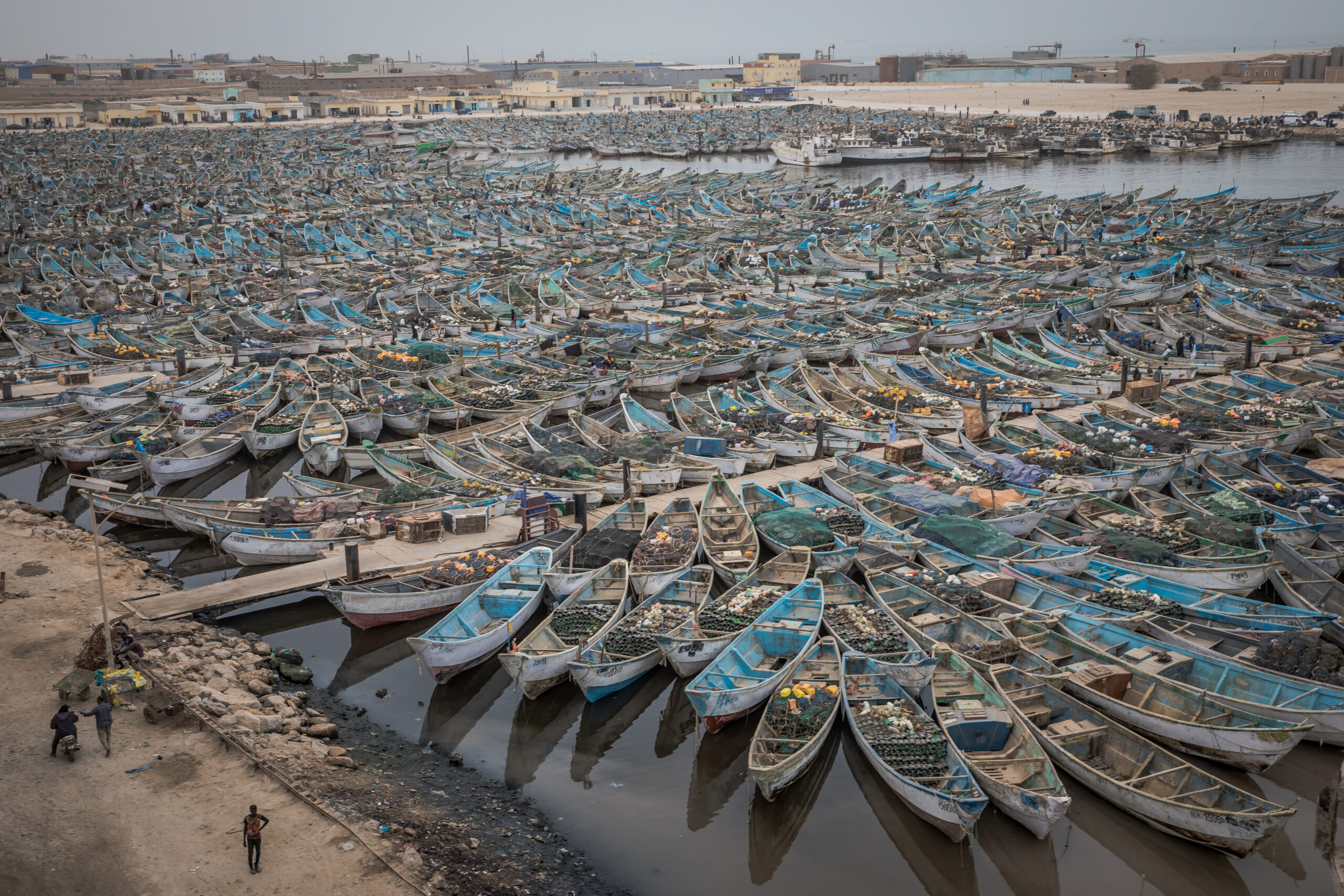
Articles: Daily Maverick – Caught in Mauritania and eaten in Japan, the common octopus is being fished outVreme – Dugački pipci jednog biznisa
-
Born in Snake Park, South Africa
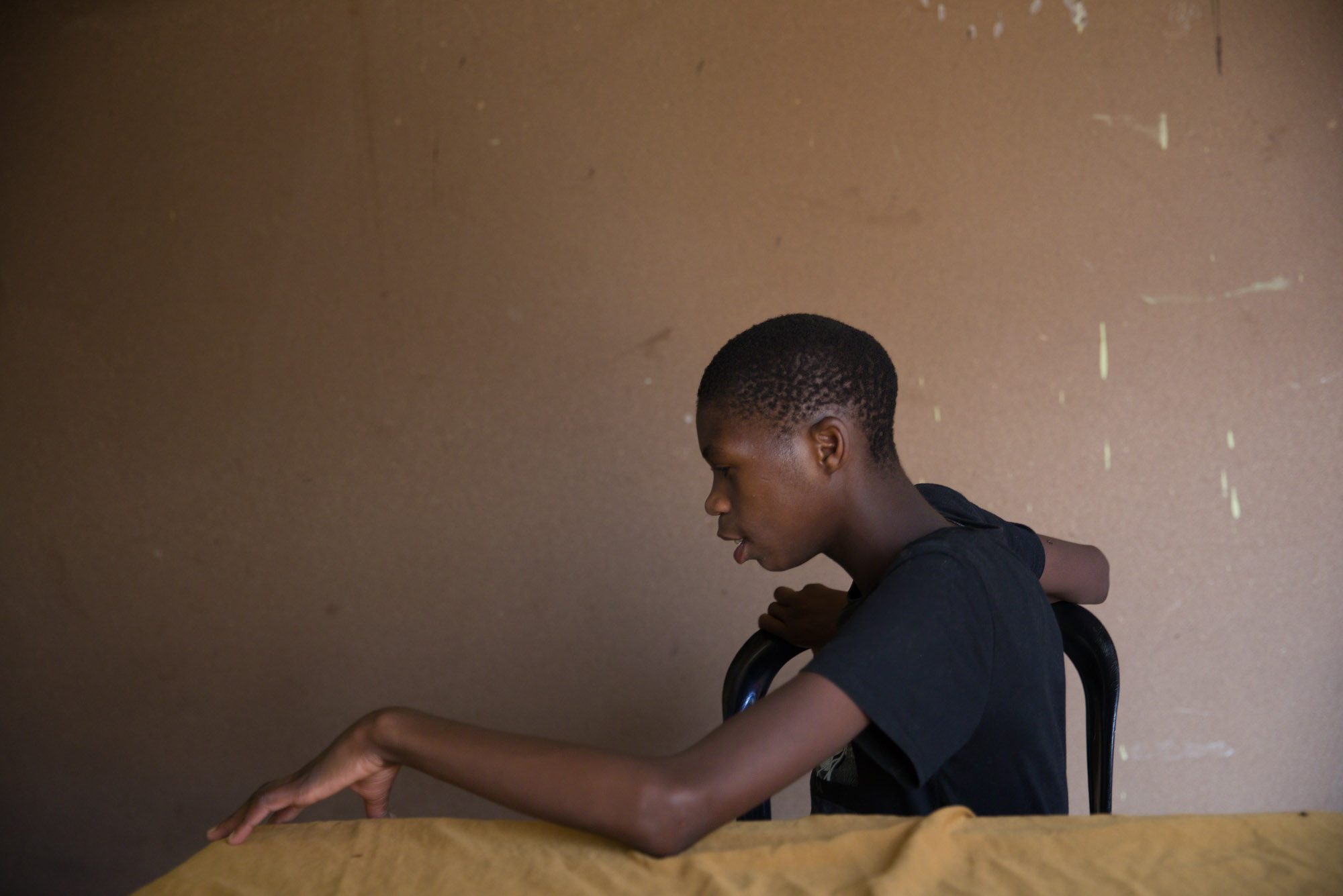
One of Johannesburg’s mine dumps blows toxic and radioactive dust across the impoverished settlement of SnakePark. The air is thick with yellow dust that contains high levels of uranium and a cocktail of heavy metals like lead,mercury, arsenic, cadmium and chrome. This apartheid legacy of South African gold mining plays out in birthdefects such as…
-
Garden of Geometry, Uzbekistan
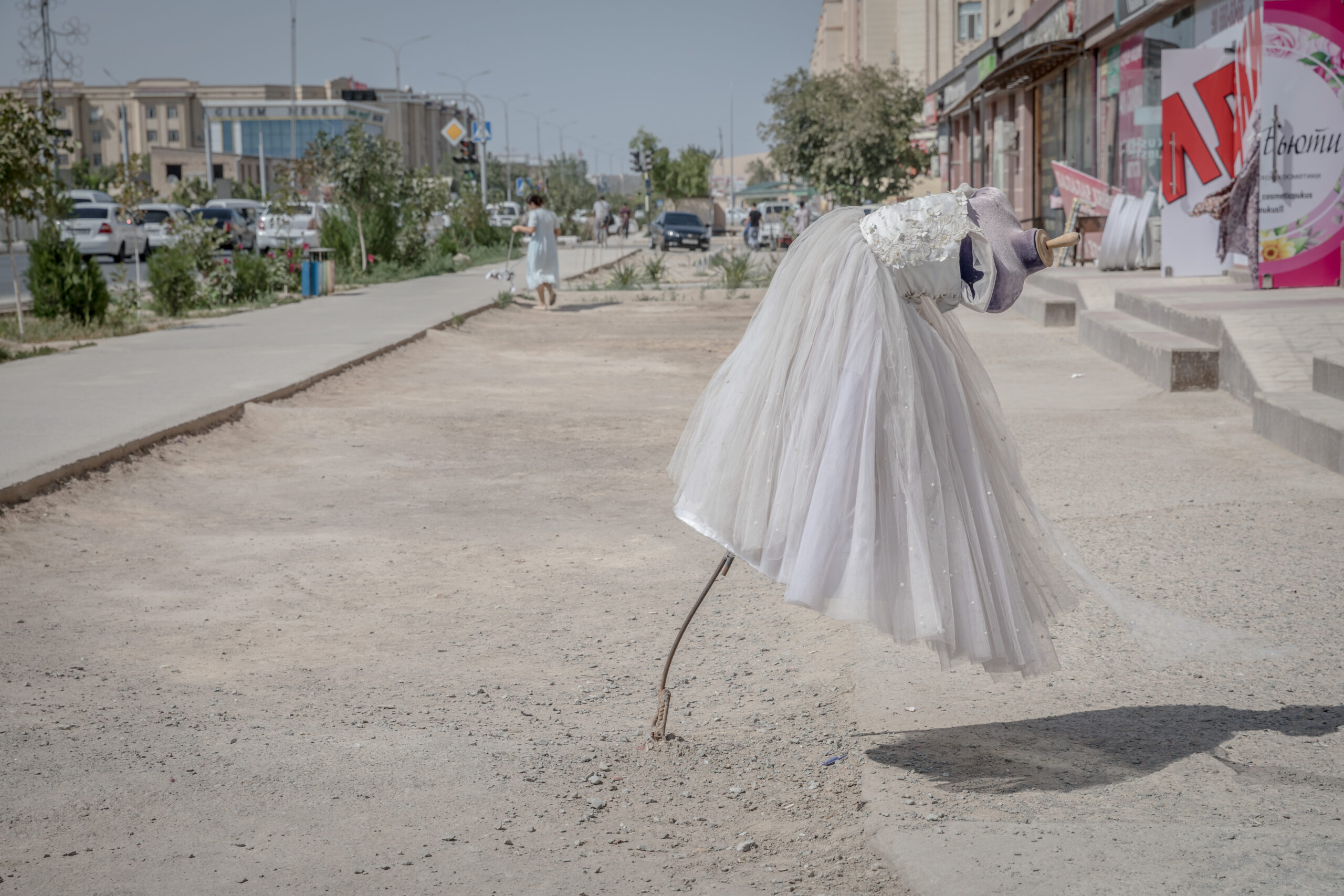
-
Faithful waters, Ukraine/Romania
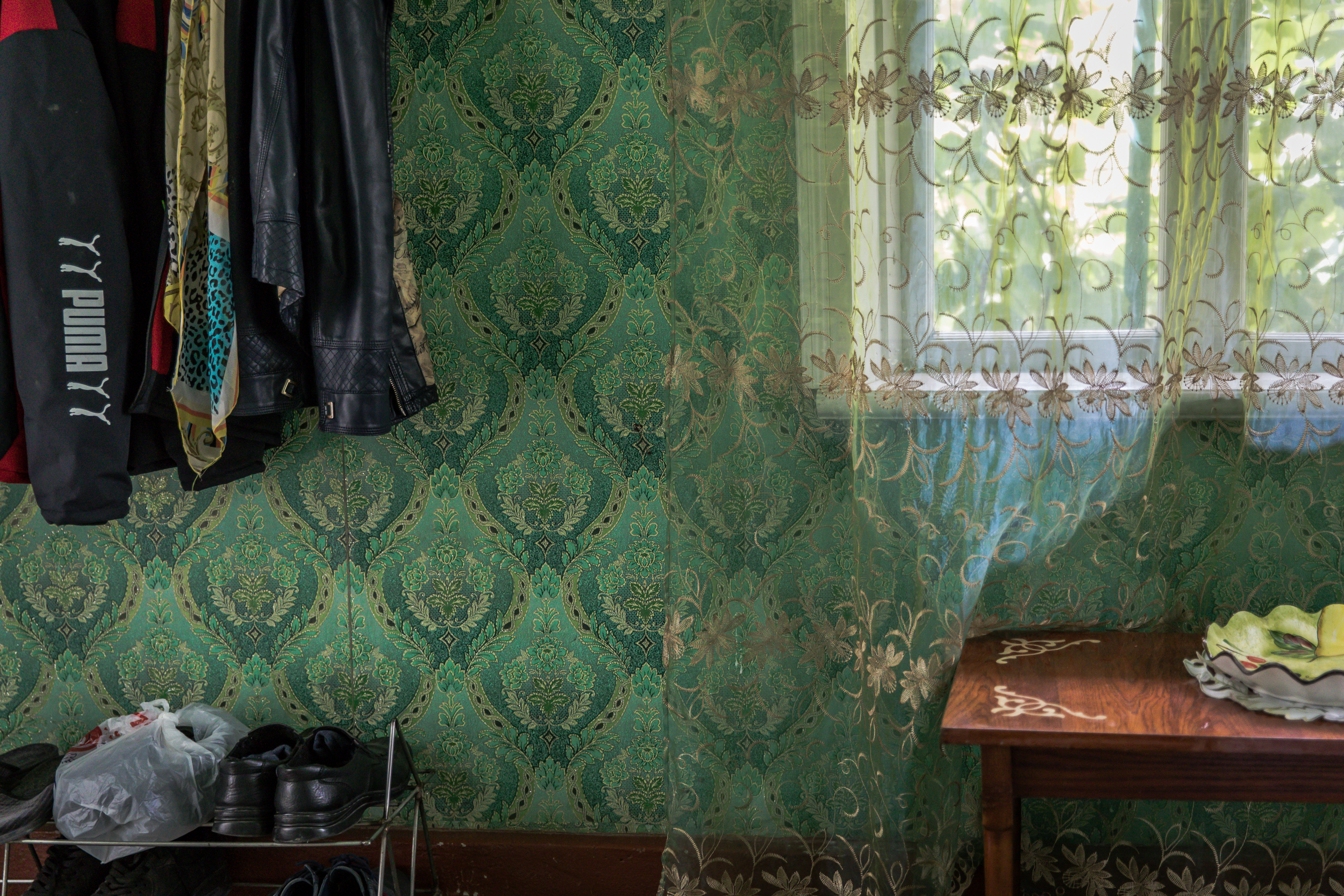
The Danube Delta, located between Romania and Ukraine, hosts a rich cultural heritage. Throughout the centuries, ethnic Bulgarian, Jewish, Russian, Gagauzian, Ukrainian, Romanian, Moldovan and Lipovan communities have found refuge in Europe’s largest remaining natural wetland. Despite nazism, fascism, Stalinism and communism, and the Russian invasion of Ukraine, the communities have preserved their historical, cultural…
-
Coal Town, South Africa

Smokestacks dominate. The Matimba and Medupi power stations lord over shacks, farms, houses, schools, busy churches, emptying shops and gun stores arming a vast hunting industry. There’s a McDonald’s. And, underneath the carbon dioxide plume, the coal town of Lephalale roils in anger, racism, corruption and fading hope. South Africa, National Geographic Project, 2019.
-
Maître Chou, DR Congo
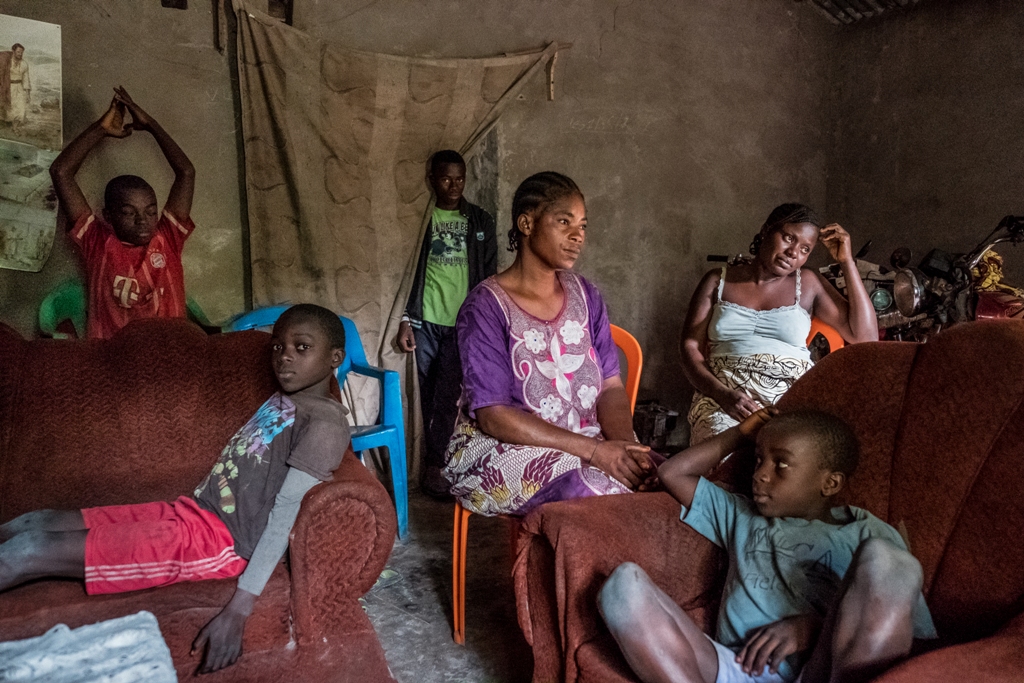
In 2018, Ebola fever hit the rainforest village of Ikoko-Impenge in the Democratic Republic of the Congo. The teacher Maître Chou Biliya-Mola was its first victim. The disease is highly contagious and often fatal – with devastating consequences for entire families. The aftermath of the epidemic in the province of Équateur. De Groene Amsterdammer, De nasmaak…
-
God was Angry, Ethiopia
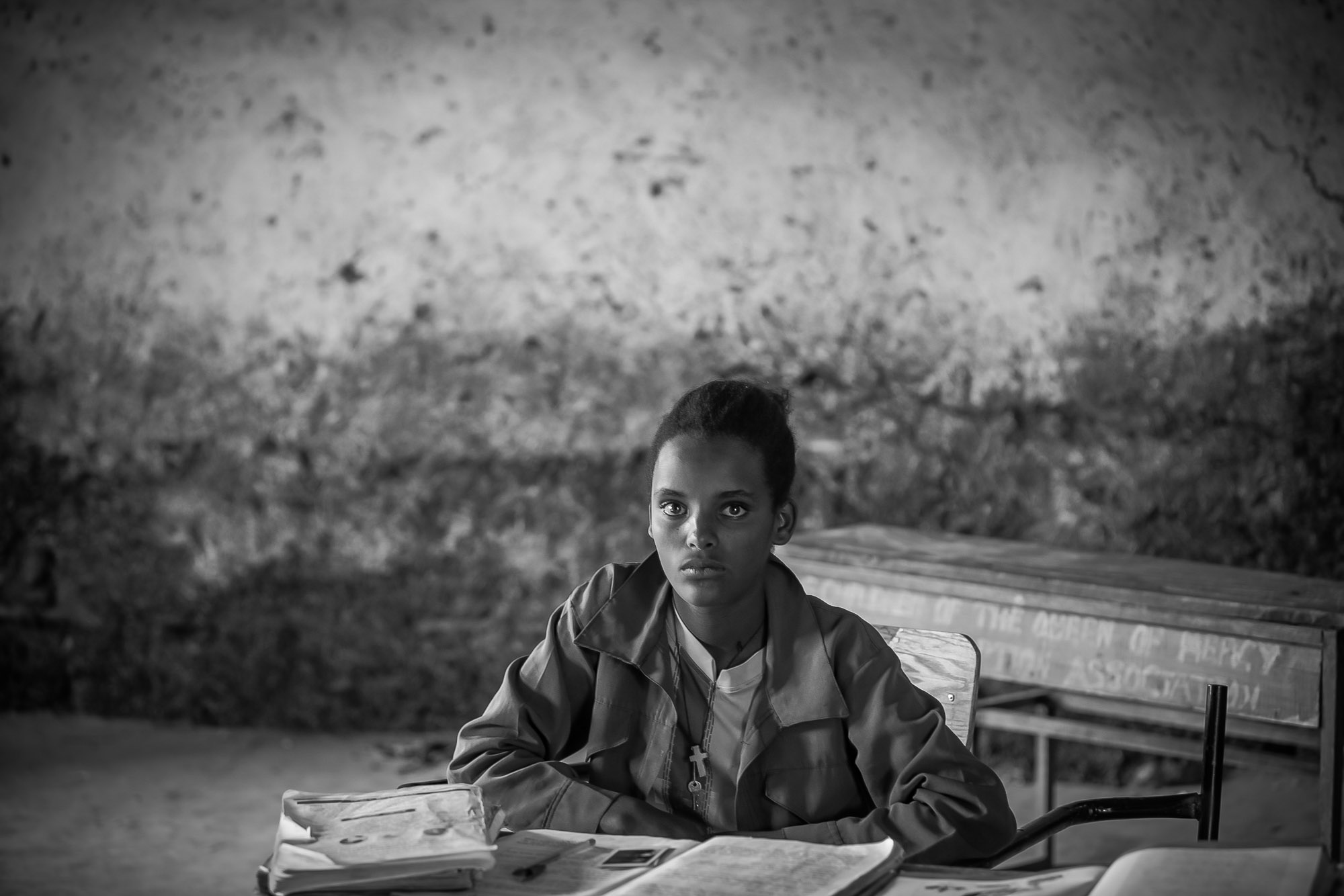
Ethiopia has a population of over 100 million but only 164 schools for students with hearing, visual andintellectual impairments. Girls with disabilities also face systematic and violent abuse at home and in theircommunities: they are feared for being under the spell of witchcraft. One in three girls living with a disabilityhas been sexually assaulted. Ethiopia,…
-
Fighting violence with beats, DR Congo
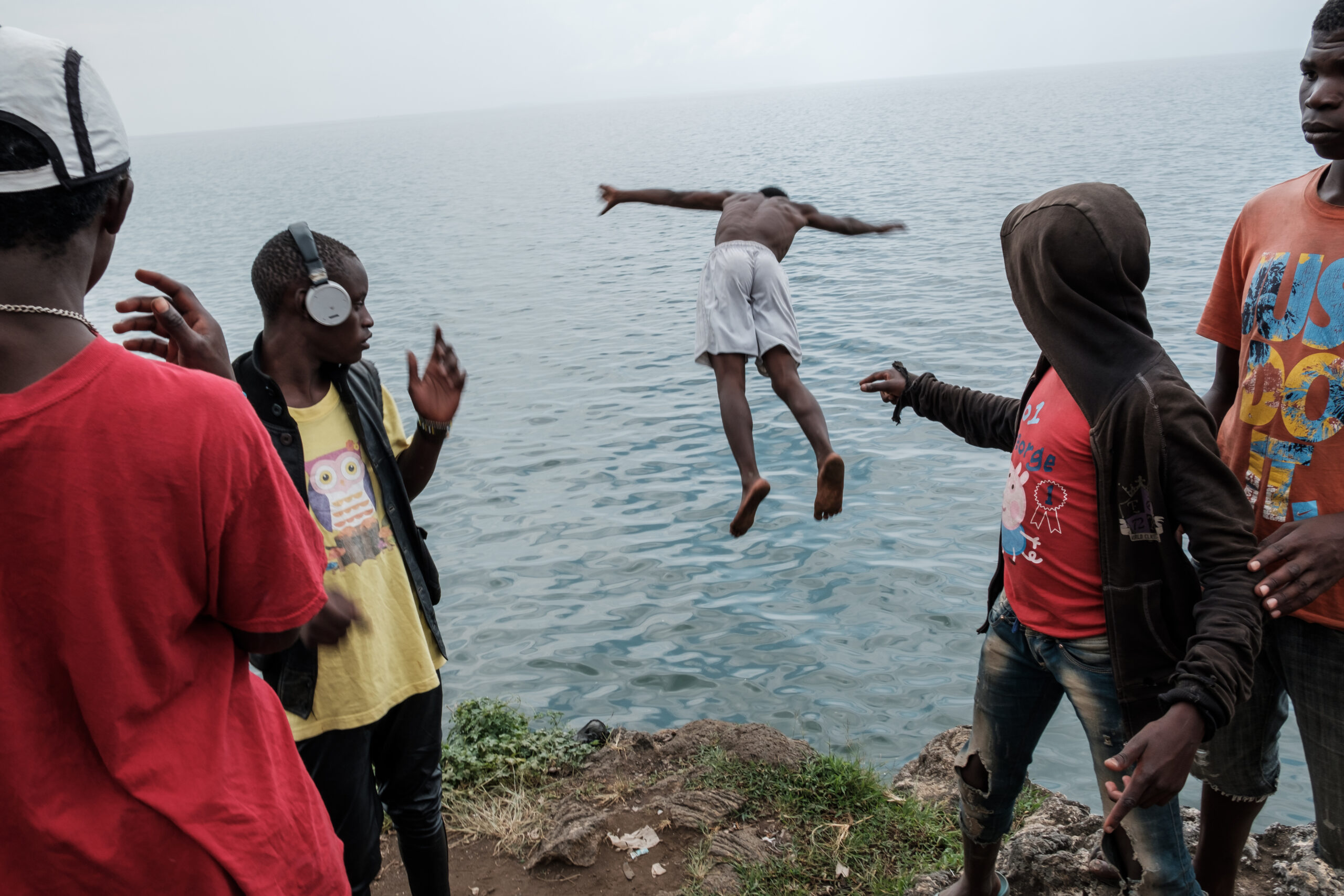
In the Democratic Republic of the Congo, street rappers fight President Joseph Kabila’s government with music. Al Jazeera, 2019. See online here
-
Sea Nomads of Sulawesi, Indonesia
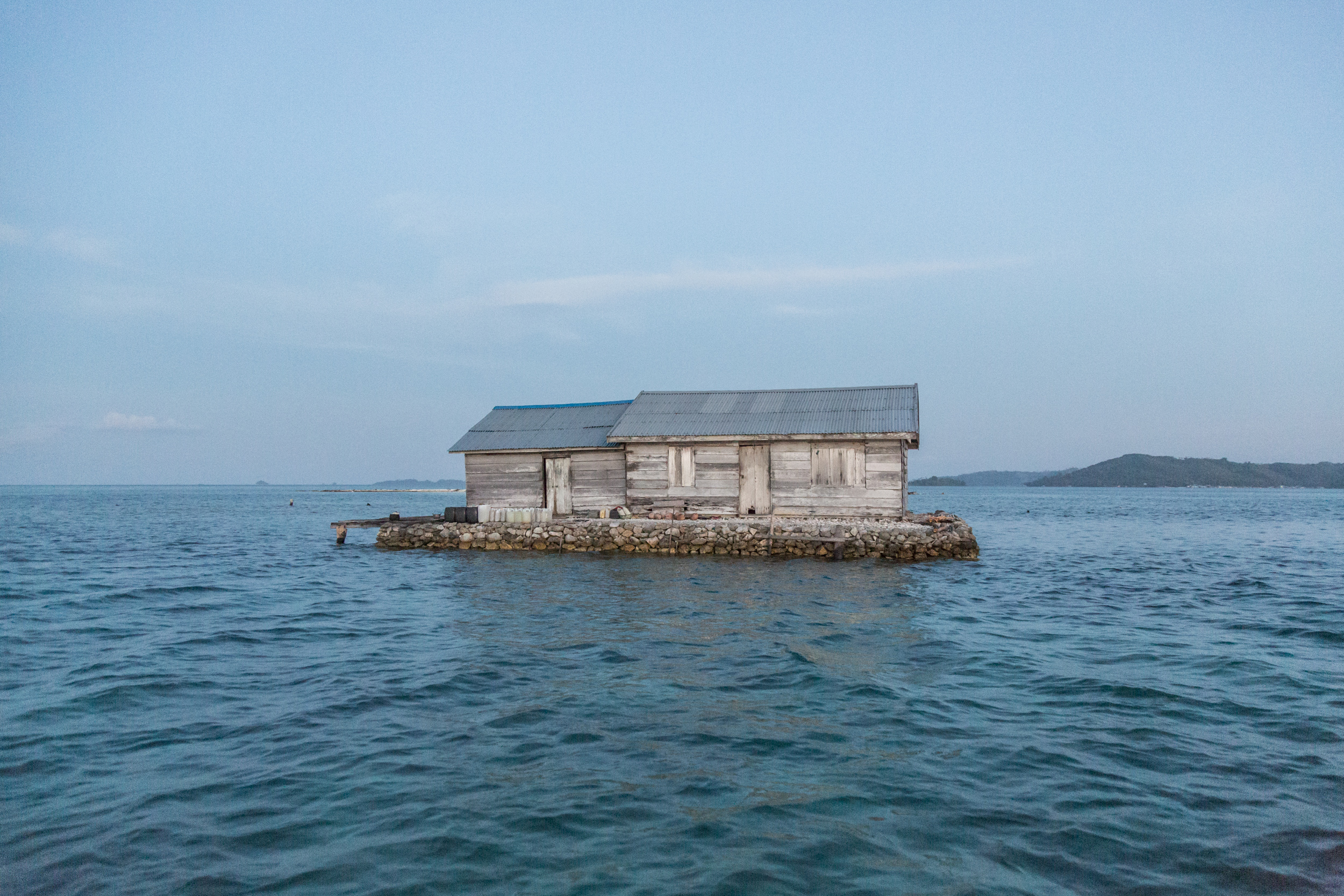
Around the Banggai Islands in Sulawesi, an Indonesian archipelago east of Borneo, there are wooden stilt villages in the clear, turquoise-blue water. Here live the Bajau, an indigenous sea nomad people known for their genetic adaptation to freediving – they can hold their breath for up to thirteen minutes. But the idyll under palm trees…
-
The Garimpeiros of Bandire, Mozambique
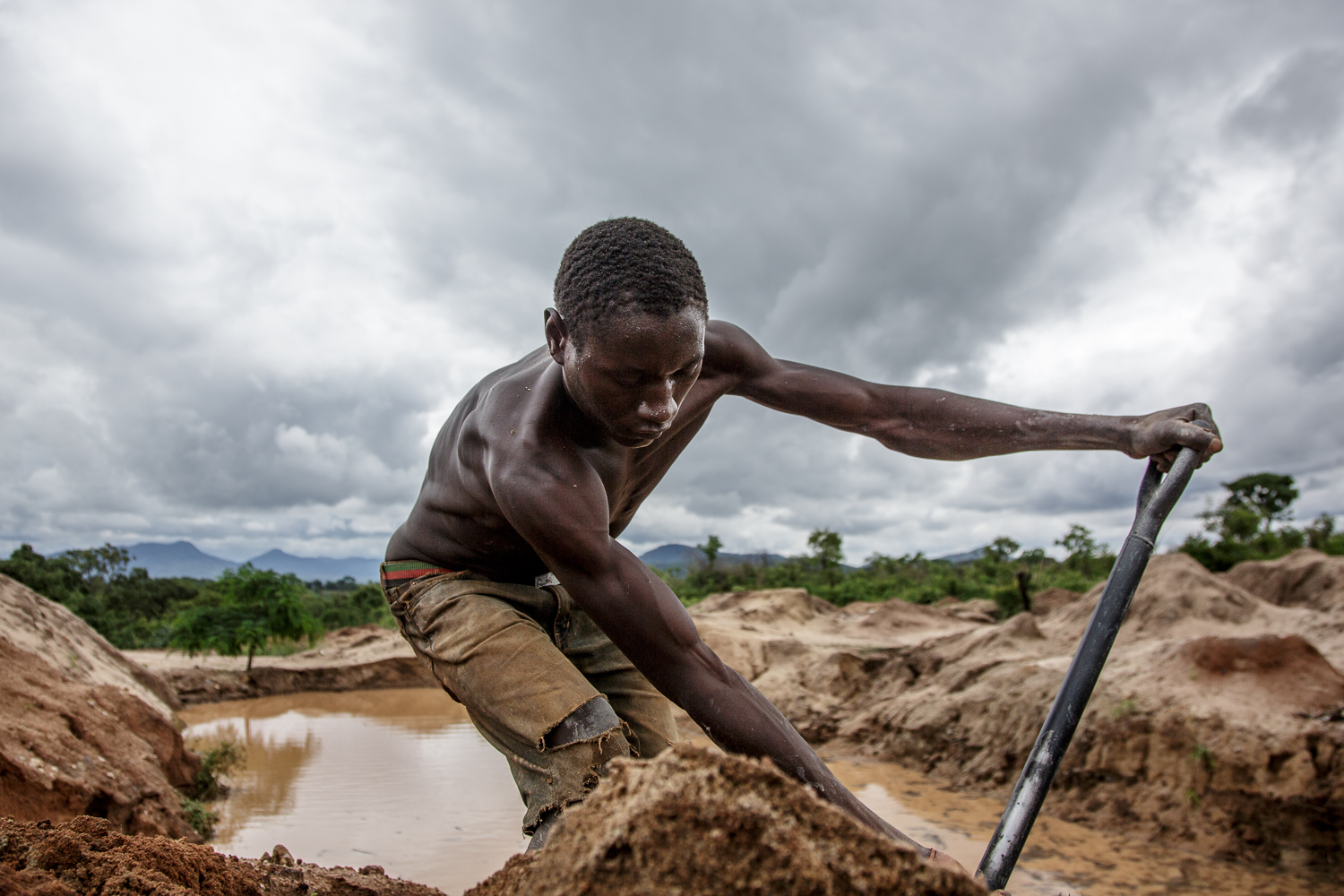
Sustainable gold mining in Manica Province, Mozambique Published in the Mail&Guardian, 2016 Manica Province in central Mozambique is experiencing a gold rush which has devastating environmental impacts. The concerned government has established artisanal miner’s associations in order to engage in more sustainable mining practices. Many rivers in central Mozambique are of a deep red colour.…
-
The Guests, Turkey
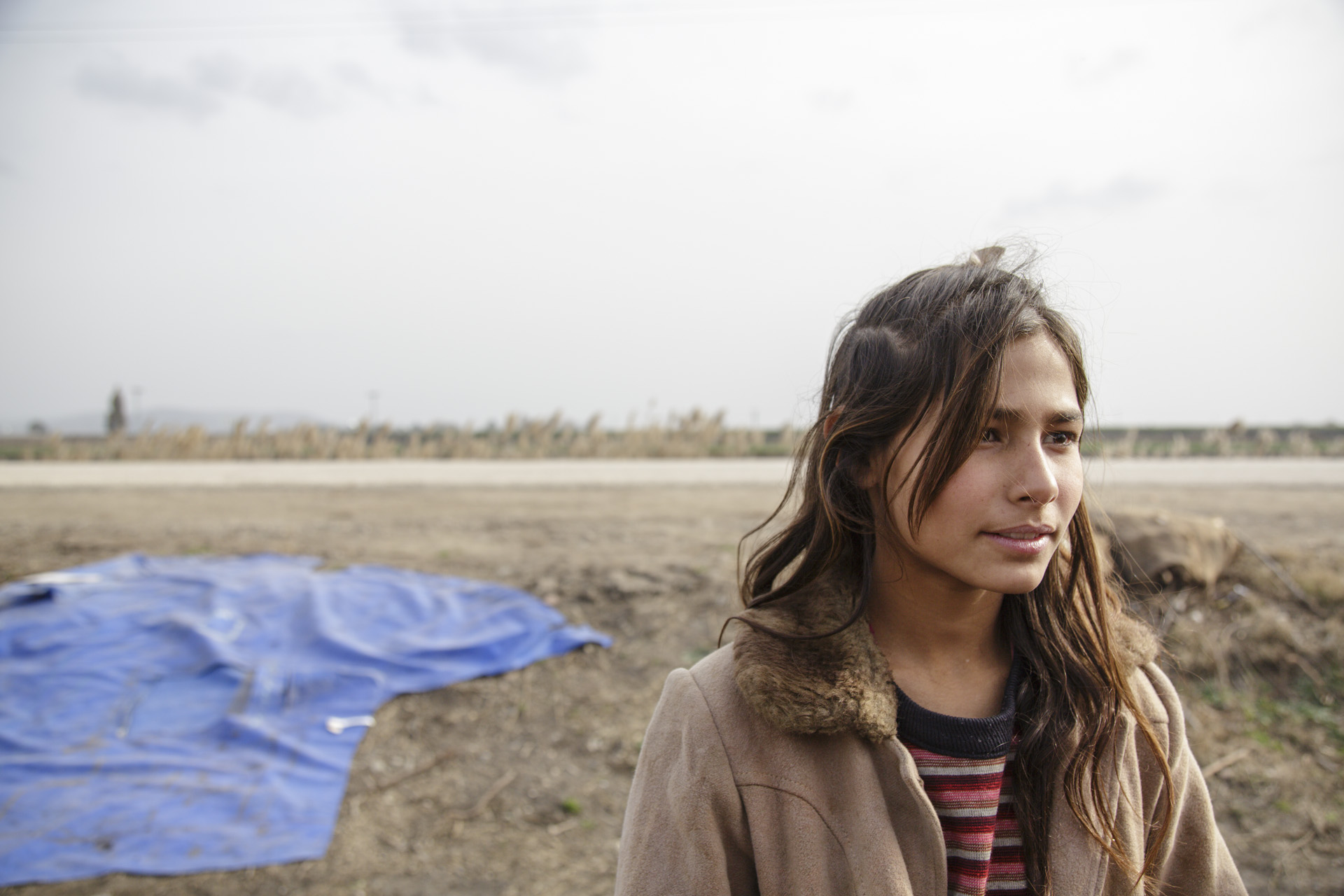
Turkey hosts more than 2.5 million Syrians displaced by the ongoing war in the neighbouring state, more than any other country. Half of these Syrian refugees are children. 30 Syrian families live in this camp next to the road; most fled from Kobane or Aleppo a few months ago. Everyone, except a few pregnant women,…
-
The Forgotten People, Lebanon
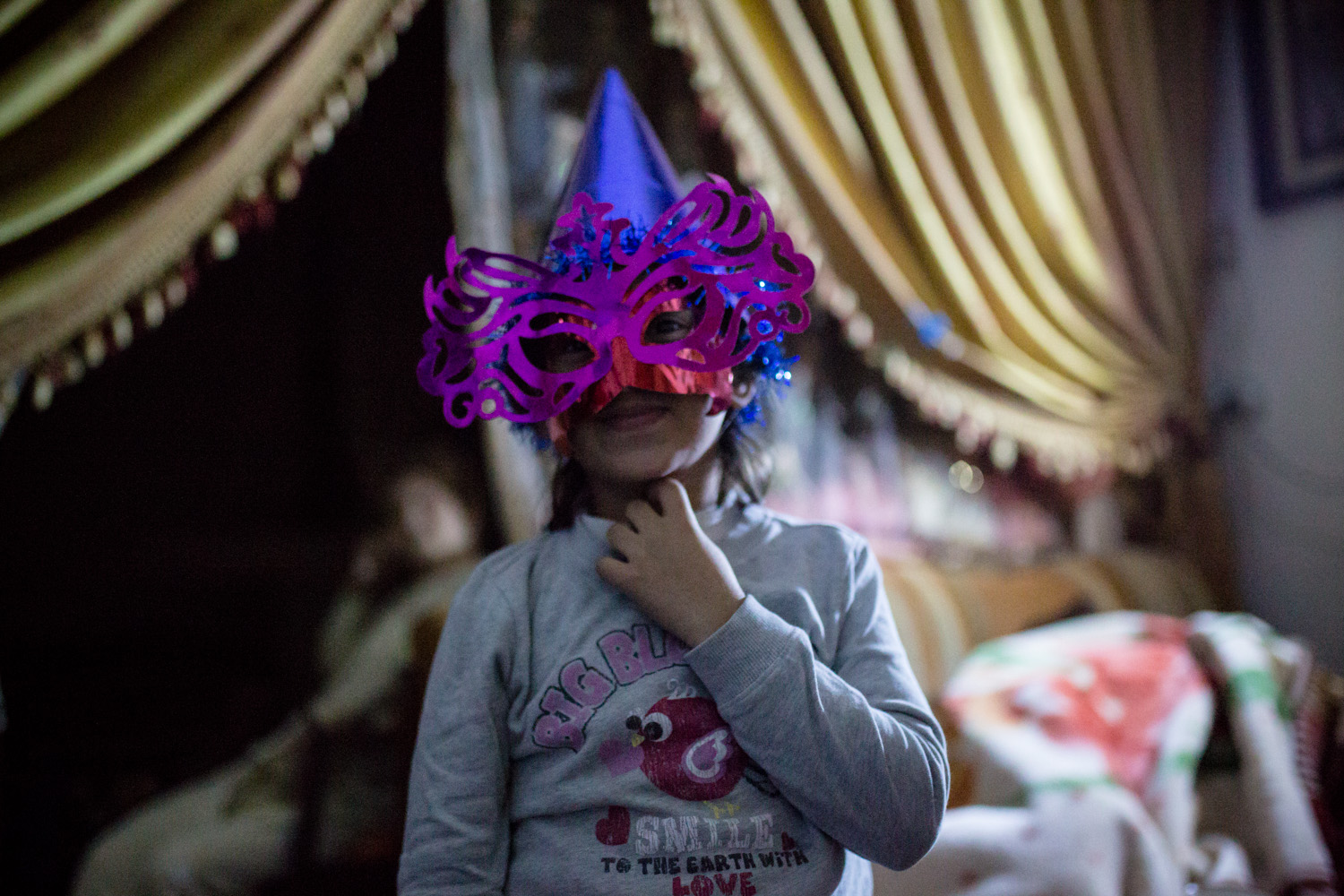
An estimated 450.000 stateless Palestinians live in Lebanon, descendants of the refugees who were seeking shelter from the 1948 Arab-Israeli war but also Palestinians that fled from Syria in recent years. They face numerous employment restrictions and have no access to public social services. Access to health and educational services are extremely limited. The world‘s…